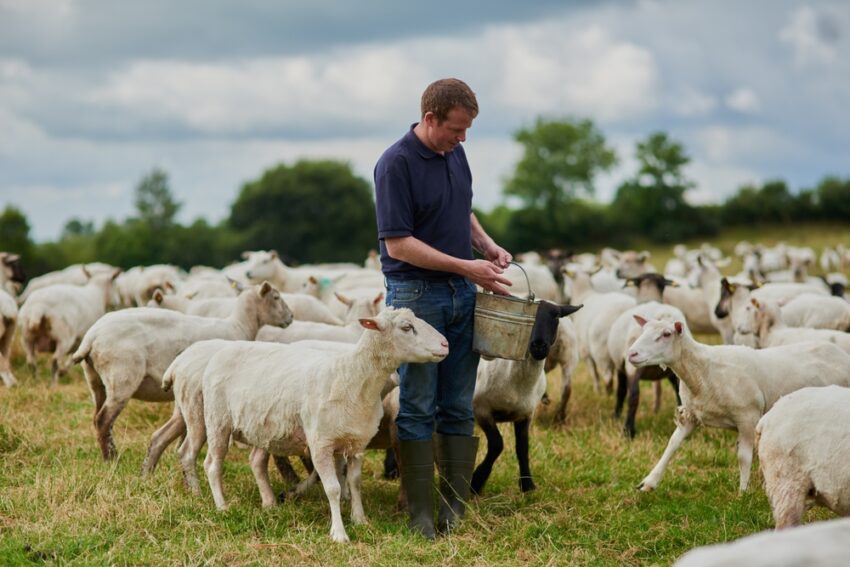Ministers should grant farmers an inheritance tax holiday to prevent unfair treatment under upcoming tax changes, according to the Institute for Fiscal Studies (IFS).
The IFS has warned that the government’s proposed changes to agricultural taxes risk treating some landowners unfairly and could impact food security if not mitigated appropriately. Last month, Chancellor Rachel Reeves announced in her budget that farmers with businesses worth more than £1 million could be subjected to a 20% inheritance tax, prompting tractor protests outside Parliament.
Previously, the government had promised no changes to agricultural property relief, which exempted farmers from inheritance tax. The IFS’s new analysis concludes that while it’s largely fair to treat agricultural assets like other taxable assets, special considerations are necessary to avoid unintended consequences.
David Sturrock, senior research economist at the IFS, stated: “Current farm owners passing away in the next seven years (but after the new regime comes into force in April 2026) will not have had the opportunity to avoid inheritance tax by making lifetime gifts. If the government wished to give current farm owners the same opportunity to avoid inheritance tax as owners of other assets, it could, for example, make lifetime gifts of agricultural property made before a certain future date inheritance tax free, regardless of the timing of the death.”
Treasury officials are reportedly assessing mitigations to the policy, including amending gifting rules for over-80s so they can pass on their farms without needing to live for seven years after making the gift.
Despite pressures, Chancellor Reeves is understood to be holding firm, aiming to target wealthy investors buying land to avoid inheritance tax—a practice blamed for driving up land prices. Labour insists the policy is focused on fairness and preventing tax avoidance.
However, many farmers argue that while they may be asset-rich due to land ownership, they are often cash-poor. Declining farm incomes, cost inflation, poor harvests, and fierce competition among retailers mean many farmers take home less than the minimum wage.
Tax expert Dan Neidle has conducted research suggesting the tax changes may hit working farmers harder than tax avoiders. He proposes equalising the inheritance tax to 40% but making it payable only when the land is sold, thus avoiding impact on those wishing to pass the family farm to relatives. Neidle also suggests a “clawback” mechanism where inheritance tax relief is reclaimed if inherited farmland is sold within a certain timeframe.
He further recommends raising the inheritance tax cap to about £20 million, so only the largest and most sophisticated farm businesses are affected.
Tim Farron, the Liberal Democrat environment spokesperson, commented: “The government hid behind the IFS to try and justify this disastrous policy. That very same organisation is now telling them that their own proposals need an overhaul.”
A Treasury spokesperson responded: “As the IFS has said, the existing rules for these reliefs are unfair and inefficient. We remain committed to fully implementing the policy and are not considering mitigations.”

